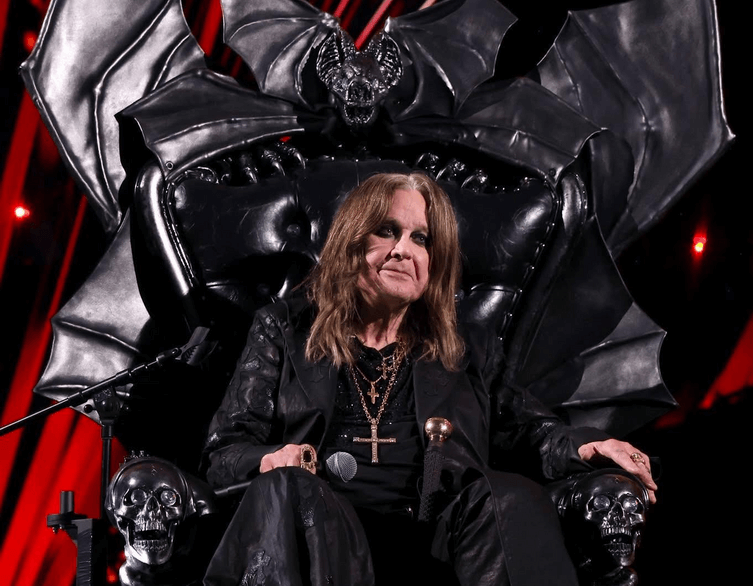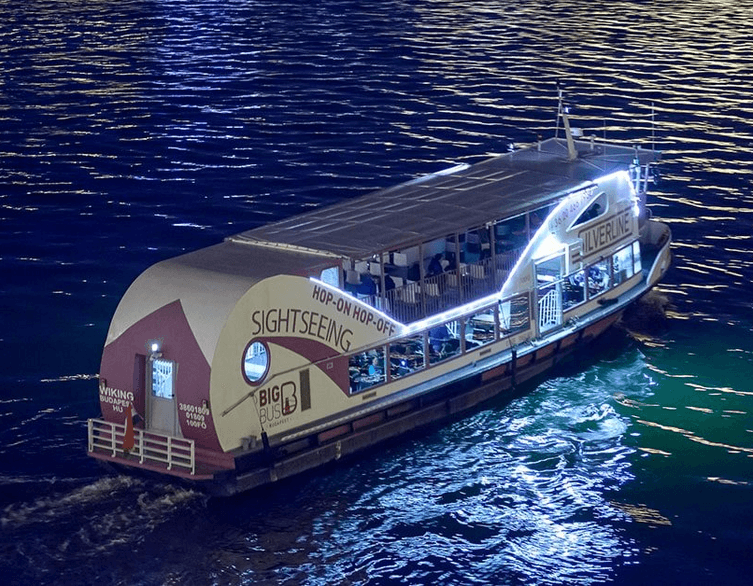Remembering the Prince of Darkness: Ozzy Osbourne’s Legendary Connection with Budapest

The heavy metal world has lost one of its most iconic figures. On July 22, 2025, at the age of 76, Ozzy Osbourne passed away, leaving behind a legacy that transformed music forever. While the world mourns the departure of the Black Sabbath frontman and the mastermind behind hits like “Crazy Train” and “No More Tears,” Budapest holds a special place in this remarkable story, having witnessed unforgettable moments when the Prince of Darkness electrified the Hungarian capital.
The First Encounter: Ozzfest 1998
Budapest first experienced Ozzy’s magnetic presence on June 3, 1998, during the legendary Ozzfest tour. The venue was the iconic Kisstadion, where Black Sabbath’s reunion tour created an atmosphere that still resonates in the memories of Hungarian metal fans decades later. That evening was extraordinary not just for its place in music history, but for the incredible energy that filled the stadium.
Ozzy delivered a performance that seemed to transport everyone back to 1970, when Black Sabbath first revolutionized heavy music. The crowd erupted as classics like “War Pigs” and “Paranoid” thundered through the venue, showcasing the singer in phenomenal form. Hungarian fans witnessed something truly special that night, as the Prince of Darkness commanded the stage with the same intensity that had made him a global phenomenon.
The Final Bow: The End Tour 2016
Nearly two decades later, on June 1, 2016, Budapest experienced what would become Ozzy’s final performance in the city. The Papp László Sports Arena became the stage for “The End Tour,” appropriately named as it marked the conclusion of his extensive touring career. This farewell concert demonstrated the technical precision of a well-rehearsed band combined with Ozzy’s unmistakable charismatic presence.
Best deals of Budapest
The arena erupted with emotion as fans realized they were witnessing history in the making. The performance showcased not only Ozzy’s enduring vocal power but also his ability to connect with audiences across generations. For many in attendance, this concert represented the end of an era, a final opportunity to see one of rock’s greatest performers in action.
The Concert That Never Was
The story of Ozzy and Budapest includes a poignant chapter that never came to pass. A third concert was scheduled for May 17, 2023, at the Papp László Arena, but the Prince of Darkness was already battling serious health challenges. His diagnosis with Parkinson’s disease had begun to take its toll, forcing the cancellation of his entire European concert series.
Hungarian fans quietly accepted the devastating news, understanding that they might never see their hero perform again. This cancelled show now carries even greater significance, as it represented what could have been a final opportunity for shared musical communion. The silence where music should have been speaks volumes about the fragility of these precious moments between artist and audience.
The Legend Behind the Music
Born in Birmingham on December 3, 1948, John Michael Osbourne transformed from a working-class youth into one of music’s most recognizable figures. As a founding member of Black Sabbath, he helped create the blueprint for heavy metal music. Songs like “Iron Man” and “Children of the Grave” became anthems that defined the 1970s and continue to influence musicians today.
His solo career proved equally influential, as Ozzy collaborated with remarkable talents including Zakk Wylde and the late Randy Rhoads. These partnerships produced some of the most memorable moments in rock history, cementing his status as both a performer and a catalyst for musical innovation.
However, Ozzy’s journey was not without its struggles. Throughout his career, he battled addiction, controversy, and personal tragedy. His 2020 Parkinson’s diagnosis marked another challenge, yet even then, he continued planning tours and connecting with fans who had supported him for decades.
The Final Chapter
Ozzy’s last performance took place on July 5, 2025, in his hometown of Birmingham, during Black Sabbath’s “Back to the Beginning” concert. After twenty years, the original lineup reunited one final time, with stage lights illuminating the Prince of Darkness for the last time. It was a fitting conclusion to an extraordinary career.
Just seventeen days later, surrounded by family, Ozzy Osbourne passed away peacefully. The official statement emphasized the love and tranquility of his final moments, offering some comfort to millions of grieving fans worldwide. While the music world has lost a legend, his influence remains permanently embedded in our cultural consciousness.
Budapest’s Musical Memory
For visitors walking past the Papp László Arena or exploring the area where Kisstadion once stood, there’s something almost tangible in the air. These walls witnessed Ozzy’s electrifying presence, preserving the echoes of his voice, his movements, and the energy of his iconic black leather jacket. These venues became more than concert halls during his performances; they transformed into sacred spaces where music transcended ordinary experience.
The connection between Ozzy Osbourne and Budapest represents more than typical concert history. It tells the story of cultural exchange, of how music creates bridges between different worlds. Hungarian fans embraced the Prince of Darkness with the same passion he brought to every performance, creating moments that neither artist nor audience would ever forget.
A Legacy That Endures
Today, as Budapest remembers Ozzy Osbourne, the focus shifts from mourning to celebration. His two concerts in the Hungarian capital created lasting memories that continue to inspire new generations of music lovers. The power of his performances, the authenticity of his connection with fans, and the sheer force of his personality left an indelible mark on the city’s musical landscape.
For tourists visiting Budapest today, understanding this connection adds another layer to the city’s rich cultural tapestry. The venues that hosted Ozzy represent more than architectural achievements; they stand as monuments to the universal language of music and its power to unite people across all boundaries.
The Prince of Darkness may have left the stage for the final time, but his spirit lives on in the memories of those who witnessed his magic. In Budapest, where heavy metal history was written in real-time, Ozzy Osbourne’s legacy remains a testament to music’s enduring power to move hearts, minds, and souls.












